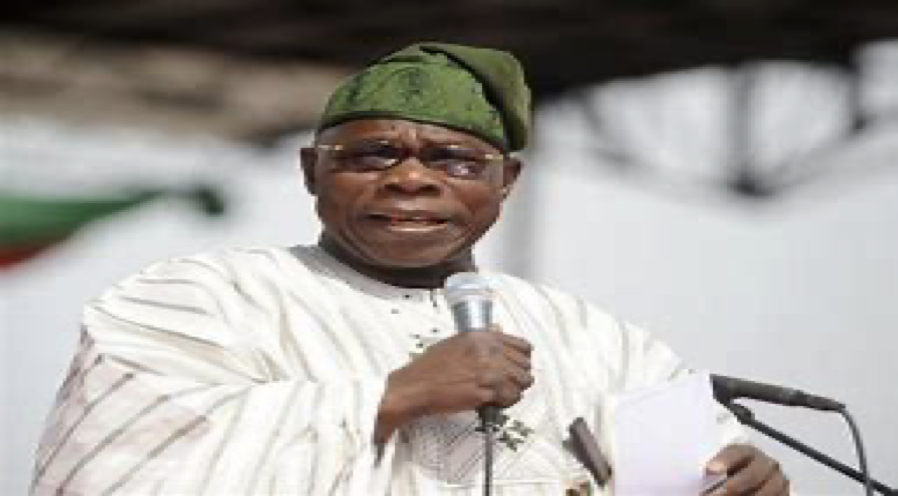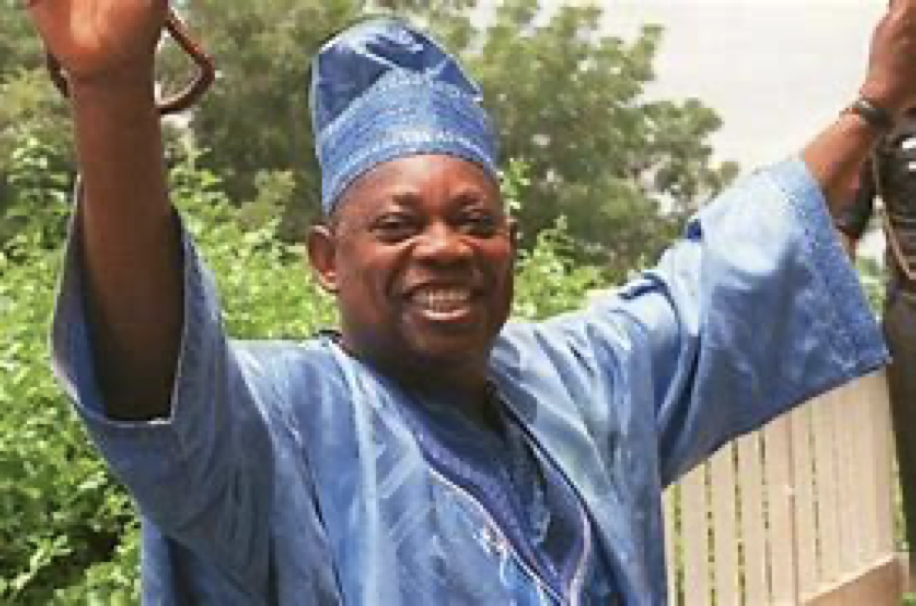Nigeria’s Democracy Day is a key political and historical event in the nation. In Nigeria, Democracy Day honours the return of democracy after a protracted period of military tyranny. Since obtaining independence from British colonial authority in 1960, Nigeria has gone through a number of military coups and authoritarian administrations before returning to democracy.

Following the first military takeover in 1966, a number of military governments ruled the nation for the following three decades. Nigeria experienced extensive corruption, economic mismanagement, political instability, and violations of human rights throughout this time. The people of Nigeria desire for a restoration to democracy as a result of the military rulers’ suppression of free speech and restrictions on civil freedoms.
In the early 1990s, popular demand for democratic reforms grew stronger. In 1993, Nigeria held presidential elections, which were considered the freest and fairest in the country’s history. However, the military regime under General Ibrahim Babangida annulled the results, sparking widespread protests and condemnation both domestically and internationally.
The elections’ annulment resulted in an extended period of political instability and uncertainty. However, the military administration was finally forced to hold fresh elections as a result of the perseverance of pro-democracy demonstrators and civil society organisations. When General Sani Abacha came to power in 1993, he pledged to restore democracy but fell short of his goal.General Abdulsalami Abubakar, who succeeded General Abacha after the latter’s death in 1998, started the democratic transition process. Political prisoners were freed as part of the transition plan, politicians who had been exiled came home, and a timeline for the restoration of civilian authority was established.

Nigeria effectively transitioned to civilian administration on May 29, 1999, with the inauguration of Olusegun Obasanjo as the country’s first democratically elected president in the Fourth Republic. This was a watershed moment in Nigerian history, signalling the restoration to democratic governance after 16 years of military control.In honour of this historic occasion, May 29th was initially declared as Nigeria’s Democracy Day. It served as a reminder of the country’s dedication to democratic values, human rights preservation, and the collective aspirations of the Nigerian people.
However, in 2018, President Muhammadu Buhari made a historic proclamation to move Nigeria’s Democracy Day from May 29th to June 12th. This decision was made to honour the legacy of Chief Moshood Kashimawo Olawale Abiola, a famous Nigerian businessman and politician who won the annulled presidential elections in 1993.
Chief MKO Abiola, widely considered as the icon of Nigeria’s struggle for democracy, rose to prominence in Nigerian politics.
He fought for Nigerians’ rights and opposed military control. Tragically, he was captured and held by the military administration. Abiola died in jail in 1998, just before the military dictatorship fell.

By changing Democracy Day to June 12th, Nigeria pays homage to Chief MKO Abiola’s sacrifices and the democratic ideals he stood for. June 12th, 1993, represents the day when Nigerians displayed their strong desire for democracy through a peaceful and historic election, which was unjustly annulled.
Since then, Nigeria celebrates Democracy Day on June 12th each year. It serves as a reminder of the country’s ongoing commitment to democratic governance, the protection of human rights, and the continued struggle for a better future.
Nigeria’s democratic path was given a fresh feeling of importance and memory with the designation of June 12 as Democracy Day. The persistence and tenacity of the Nigerian people in their quest for democracy, justice, and sound government are recognised.
Nigeria has celebrated June 12th since it was declared to be Democracy Day with a variety of activities and events held across the country. Prominent gatherings, symposiums, seminars, cultural performances, and speeches by prominent figures like politicians, activists, and representatives of civil society organisations are among them. The day provides a time for reflection, conversation, and recommitment to democratic values.
Nigeria’s celebration of Democracy Day also offers a chance to gauge the country’s progress toward democracy. It presents a chance to address the problems and barriers that are still present, like bribery, election violence, economic disparity, and racial tensions. It underlines the necessity of ongoing initiatives to support inclusive government, develop democratic institutions, and raise accountability.
Democracy Day also serves as a remembrance of the sacrifices made by a variety of people and organisations in the struggle for Nigeria’s democratic values. It pays tribute to the memories of activists, journalists, and regular people who stood up for democracy despite frequent repression and persecution.
The commemoration of Democracy Day extends beyond Nigeria’s borders as well. It resonates with other African nations and the global community, highlighting Nigeria’s role as a beacon of democracy on the African continent. The celebration of Nigeria’s democratic achievements inspires other countries and encourages the promotion of democratic values and principles worldwide.
In recent years, Nigeria has made strides in consolidating its democracy, but challenges remain. Efforts are ongoing to address issues such as electoral integrity, security, economic development, and social inclusion. Democracy Day serves as a reminder of the work that lies ahead and the collective responsibility to safeguard and strengthen democratic institutions.
As Nigeria continues on its democratic path, citizens, leaders, and institutions must maintain the ideals of democracy, human rights, and the rule of law. Nigeria can continue to establish a society that supports inclusivity, fairness, and prosperity for all of its residents by maintaining a commitment to democratic values and active citizen involvement.
Finally, Nigeria’s Democracy Day is a significant historical milestone, commemorating the return of democratic rule after years of military dictatorship. It represents the resilience of the Nigerian people, their struggle for democracy, and the sacrifices made by individuals who fought for democratic principles. Nigeria reaffirms its commitment to democratic administration, fairness, and the quest of a better future for its population by observing Democracy Day on June 12th.
Sources
- https://en.m.wikipedia.org/wiki/Democracy_Day_(Nigeria)
- https://www.thecable.ng/lowkey-democracy-day-tinubu-to-address-nigerians-on-june-12/amp#:~:text=%E2%80%9CIt%20is%20important%20to%20note,date%2C%E2%80%9D%20the%20statement%20reads.
- https://dailypost.ng/2022/06/12/mko-abiola-real-reasons-my-govt-changed-democracy-day-to-june-12-buhari/?amp=1
- https://m.facebook.com/BBCnewsafrica/photos/a.292202500228/10160590967030229/?type=3
- https://sunnewsonline.com/democracy-day-nigerians-fared/?amp
- https://businesspost.ng/general/fg-declares-june-12-public-holiday/?amp=1




